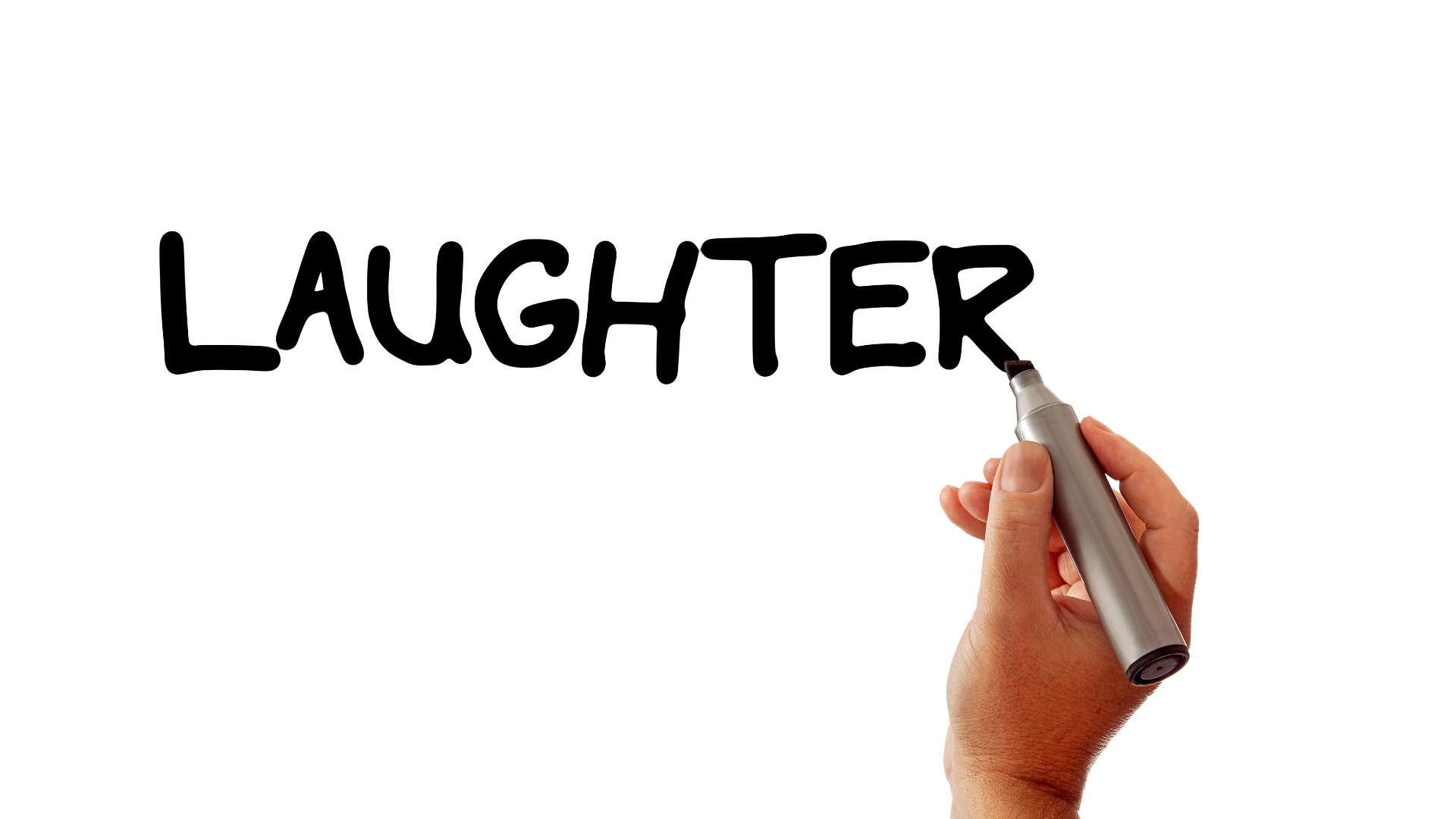
If you’ve been in business for any length of time, you’ve run across stressful situations. Laughter is often the best medicine, and science backs up this claim. A good sense of humor does more than just lighten the mood—it provides real physical and psychological health benefits. From reducing stress to improving heart health, laughter is a powerful tool for overall well-being.
Go ahead, throw your head back and laugh like you mean it! When you laugh, your body releases endorphins—chemicals that promote a sense of happiness and relaxation (Scott et al., 2020). Additionally, laughter lowers levels of cortisol, the stress hormone, which can help alleviate feelings of anxiety and tension (Berk et al., 2001). This natural stress relief can contribute to better mental health and a greater ability to cope with daily challenges.

When we feel stressed, we may experience tightness in the chest. On the other hand, a good sense of humor can have direct cardiovascular benefits. Studies have shown that laughter improves blood circulation and increases oxygen intake, reducing the risk of heart disease (Miller & Fry, 2009). One study found that individuals who laughed frequently had lower blood pressure and better artery function compared to those who rarely laughed (Sugawara et al., 2010).
If you’re feeling run down, it’s time to watch a comedy or tell a joke! Laughter has been linked to enhanced immune function. Research suggests that it increases the production of natural killer cells and antibodies, which help fight infections (Bennett et al., 2003). By reducing stress hormones and increasing immune-boosting activity, humor plays a role in keeping illnesses at bay.

If your neck or shoulders are tight while you sit for long hours at the computer, studies indicate that laughter can increase pain tolerance by promoting the release of endorphins, which act as natural painkillers (Dunbar et al., 2012). This is particularly beneficial for individuals dealing with chronic pain conditions, as humor-based therapies have been found to improve overall well-being and quality of life.
Make a friend with someone at work by sharing a laugh! Having a sense of humor enhances social interactions, fostering stronger relationships and reducing feelings of loneliness. Social laughter activates brain regions associated with pleasure and connection, leading to better emotional resilience (Provine, 2000). Additionally, humor can help individuals reframe negative experiences in a more positive light, reducing symptoms of depression (Gelkopf, 2011).
A sense of humor is more than just entertainment—it’s a valuable health asset. From reducing stress and strengthening the immune system to improving heart health and pain tolerance, laughter contributes to a longer and healthier life. So go ahead and watch a funny movie, share jokes with friends, or find humor in everyday situations—your body and mind will thank you.
References
Bennett, M. P., Zeller, J. M., Rosenberg, L., & McCann, J. (2003). The effect of mirthful laughter on stress and natural killer cell activity. Alternative Therapies in Health and Medicine, 9(2), 38-45.
Berk, L. S., Tan, S. A., Fry, W. F., & Napier, B. J. (2001). Neuroendocrine and stress hormone changes during mirthful laughter. American Journal of the Medical Sciences, 221(5), 211-216.
Dunbar, R. I. M., Baron, R., Frangou, A., et al. (2012). Social laughter is correlated with an elevated pain threshold. Proceedings of the Royal Society B, 279(1731), 1161-1167.
Gelkopf, M. (2011). The use of humor in serious mental illness: A review. Evidence-Based Complementary and Alternative Medicine, 2011, 342837.
Miller, M., & Fry, W. F. (2009). The effect of laughter on blood vessel function. Journal of Cardiology, 54(2), 249-255.
Provine, R. R. (2000). Laughter: A Scientific Investigation. Viking.
Scott, O., McGetrick, S., & Gick, M. L. (2020). The relationship between humor and stress reduction. Journal of Behavioral Medicine, 43(4), 627-636.
Sugawara, J., Tarumi, T., Tanaka, H. (2010). Effect of laughter on arterial function. Hypertension Research, 33(7), 719-722.




